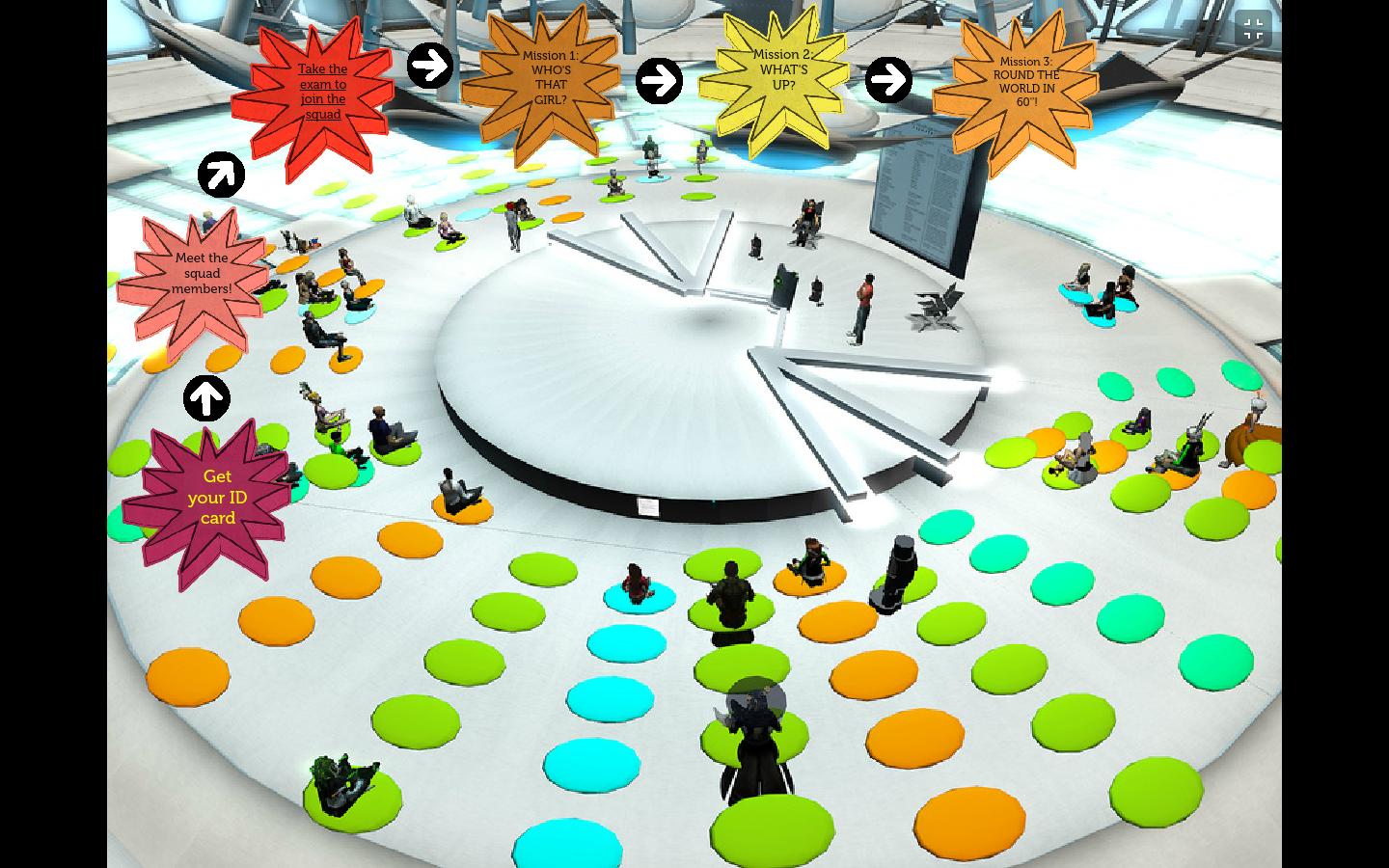Last year I wanted to change the ESL textbook but I couldn’t because all the other teachers were happy with what they had, so I decided not too adopt any textbook and preferred just a grammar book. Then, during the summer I came across a new approach using games to motivate students; I found and attended an online MOOC on Canvas on the topic and immediately decided it was the approach to use with my first year students aged 10 and just exiting elementary school.
the ESL textbook but I couldn’t because all the other teachers were happy with what they had, so I decided not too adopt any textbook and preferred just a grammar book. Then, during the summer I came across a new approach using games to motivate students; I found and attended an online MOOC on Canvas on the topic and immediately decided it was the approach to use with my first year students aged 10 and just exiting elementary school.
I spent the whole summer reading on the topic to learn more about this approach and how to design such a course.
A book that helped me a lot was “Gamification Survival Kit” by Hyle Daley and also a very inspiring webinar held by Gerol Petruzzella during a MOOC on gamification I participated in last July in which he explained how he gamified his philosophy course (here is the video) .
[youtube https://www.youtube.com/watch?v=PidLEzZVANc?rel=0]
So, based on what he said here is my own table of analogies between a game and a course, on which I wished to base my experience.
GAME COURSE
Goals ===> Syllabus
Levels ===> Units
Challenges or quests ===> Assignments or quizzes
Non-playing characters ===> Teachers
Experience points (XP) ===> Feedback on skills and content acquired
This suggested how it should work. I had to divide the syllabus into units. The learning outcomes of each units would be the core of each challenge or quiz needed to accomplish in order to pass the level, i.e move on to the next unit in the syllabus. The teacher would be the non-playing character who could guide the students with walkthroughs for the various challenges and also assign experience points to provide feedback on progress.
I needed also a narrative to engage my students and stimulate their curiosity; a storyline which could be interesting for my students and take them to use English as a foreign language and which could also teach social skills and promote positive behaviour. It was on the beach during my camping holiday that I got the right idea which could cover most of the functions and grammar for the first year: a future world where the students had full control as their task was to enforce the rule and protect other children.
I also wanted their game experience to be collaborative so that they could have an audience of real people with whom to interact, that is why I looked for other classes with whom to work. I launched the project on the eTwinning community and received the answer from three teachers from different European countries: Ireland, Romania and Sweden. So we started planning the activities and how they could be shared. We set up the Twinspace for the project so that our students could use it to accomplish the missions.
Usually at the beginning of any course you have to set and verify the perquisites, so we started from the beginning; an application form and test to enter the police force. It was a very involving activity for all the students in the class, even the weakest because that was not boring and they also had to create their avatar for the game.
The activity worked very well and the students built then new puzzles and quizzes also on our countries to get to know one another better!
It worked very well and encouraged me to go on with the remaining missions!
Keep reading if you want to know more!
